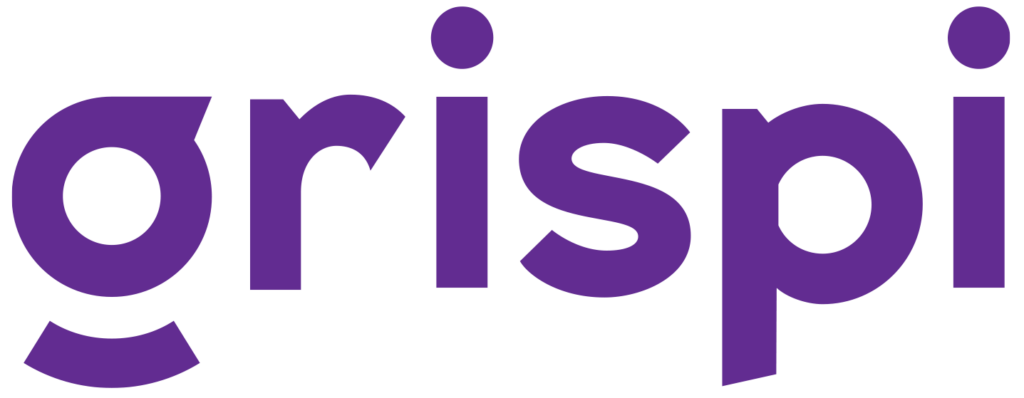CRM and Marketing Automation: Key Differences and Advantages
- November 8, 2024
-
Hazal Demir
In today’s digital transformation era, businesses rely on CRM and marketing automation tools to manage customer relationships and enhance their marketing strategies. While these two solutions may seem similar in purpose, they offer distinct values and operate on different principles.
So, what are the key differences between CRM and marketing automation? And how do these tools benefit businesses? Here’s a detailed breakdown of how CRM and marketing automation add value to your organization.
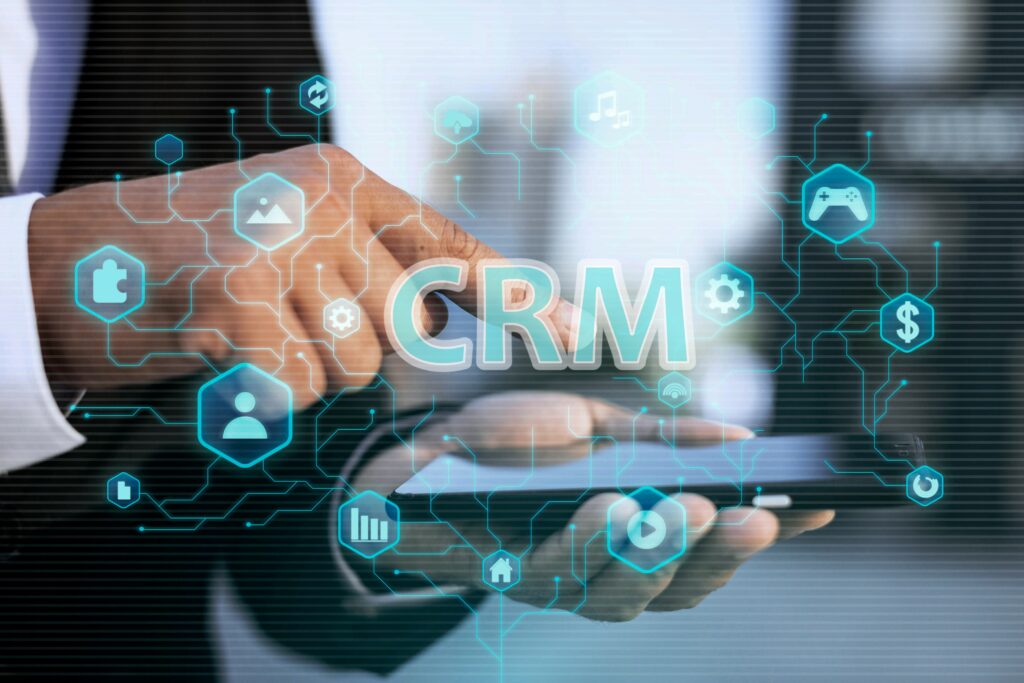
What is CRM?
CRM (Customer Relationship Management) is a system that helps businesses manage customer relationships by consolidating all customer interactions onto a single platform. CRM tools facilitate the work of sales, customer support, and call center teams by enabling them to create customer profiles, store communication histories, and offer personalized solutions.
With CRM, businesses can manage customer interactions more effectively and sustainably, leading to stronger relationships and improved customer satisfaction.
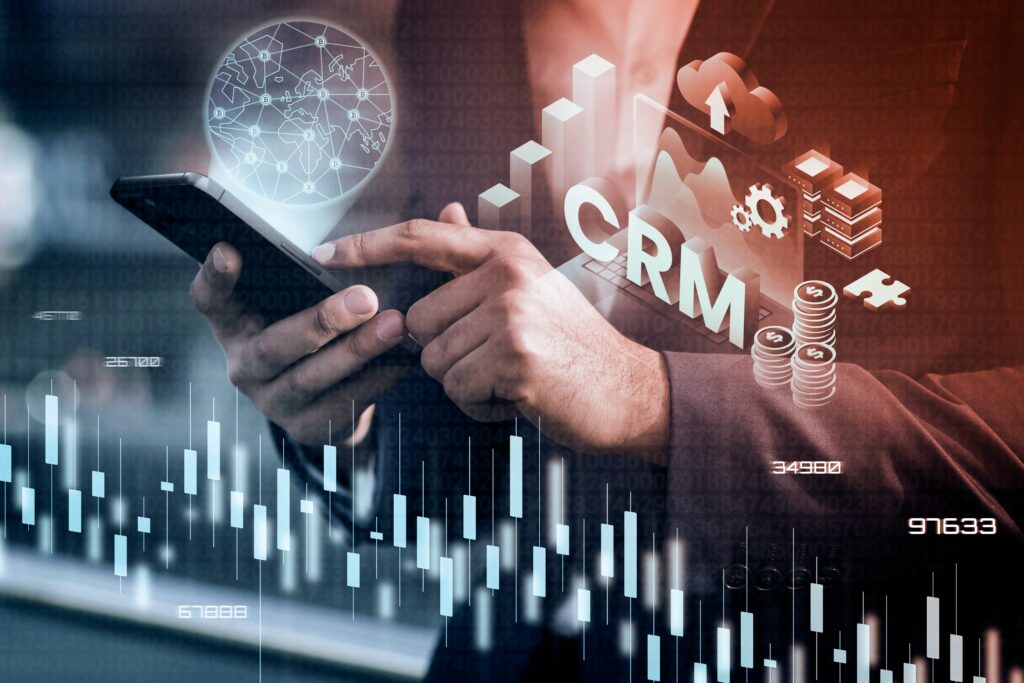
What is Marketing Automation?
Marketing automation is a technology that automates marketing efforts to increase customer engagement. It enables the management of email campaigns, social media posts, and targeted content based on user behavior.
Marketing automation tools analyze the customer journey, helping businesses convert leads into customers and foster long-term loyalty through well-timed and personalized campaigns.
Key Differences Between CRM and Marketing Automation
Although both systems aim to improve customer engagement, their use cases and functionalities differ significantly:
CRM (Customer Relationship Management) | Marketing Automation |
Purpose: Manages customer relationships and fosters long-term loyalty. | Purpose: Automates marketing efforts to convert leads. |
Primary Focus: Sales, customer service, and customer satisfaction. | Primary Focus: Enhancing marketing activities and engaging potential customers. |
Users: Typically used by sales, customer support, and call center teams. | Users: Mainly used by marketing teams. |
Interaction Time: Enables ongoing, long-term communication with customers. | Interaction Time: Focuses on early-stage, short-term interactions with prospects. |
Data Management: Stores detailed customer history, contact logs, and sales data. | Data Management: Analyzes customer behavior and targets users through behavioral data. |
Personalization: Provides tailored communication in sales and support. | Personalization: Delivers personalized content for marketing campaigns |
Reporting: Tracks sales performance, satisfaction, and retention. | Reporting: Reports on conversion rates, click-throughs, and engagement metrics. |
Scope: Covers the full customer lifecycle, supporting loyalty and retention. | Scope: Focuses on attracting and converting new leads. |
Example Functions: Opportunity tracking, complaint management, customer support records. | Example Functions: Email automation, campaign scheduling, behavior-based segmentation. |
Result Orientation: Aims to build long-term loyalty and improve satisfaction. | Result Orientation: Aims to generate and convert leads into paying customers. |
Advantages of Using CRM
- Centralized Customer Data: CRM stores all customer information in a single location, enabling consistent and informed interactions across all teams.
- Personalized Customer Communication: By tracking preferences, purchase history, and interactions, CRM enables businesses to offer tailored experiences and improve customer satisfaction.
- Improved Sales Performance: Sales teams can manage and prioritize leads, track progress, and close deals more efficiently, shortening sales cycles and boosting revenue.
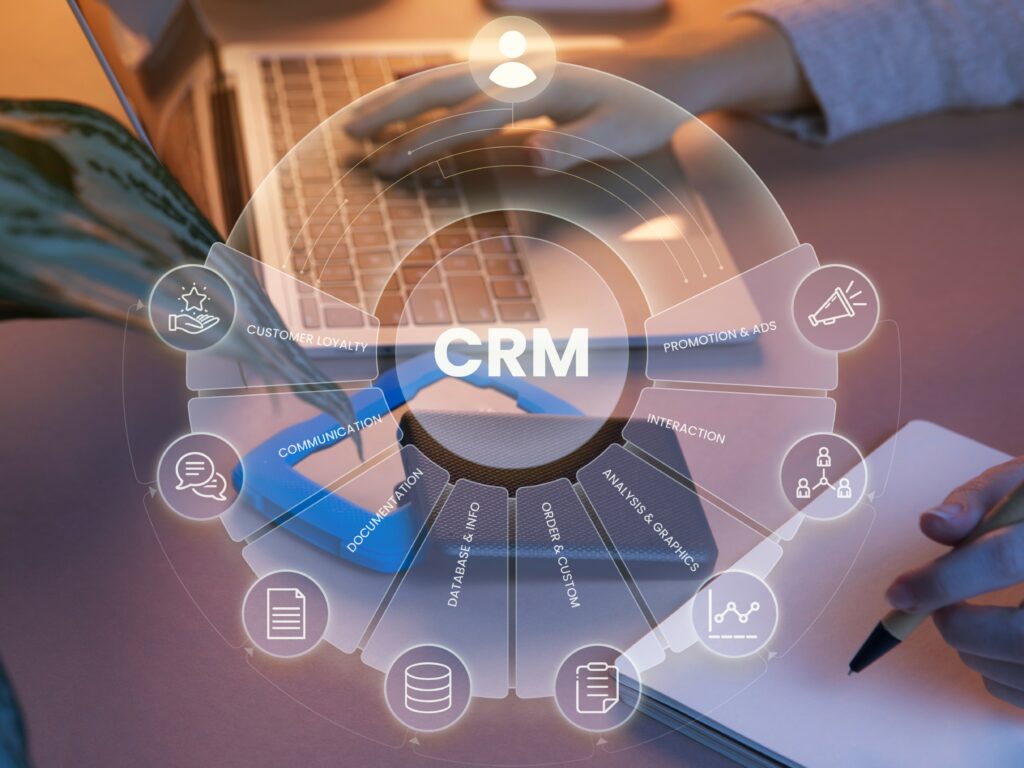
- Customer Retention and Loyalty: CRM helps businesses resolve issues promptly and maintain strong customer relationships, resulting in higher loyalty and repeat business.
- Advanced Reporting and Analytics: With access to detailed reports on sales and support performance, businesses can make data-driven decisions to optimize strategies.
- Process Automation: CRM systems reduce manual work through automation, allowing teams to focus on high-value tasks rather than repetitive actions.
Advantages of Using Marketing Automation
- Time Efficiency: Automating marketing tasks such as email campaigns and social media posting allows teams to focus on strategy rather than manual execution.
- Targeted Campaigns: By analyzing behavior and segmenting audiences, marketing automation enables the delivery of relevant, personalized content to improve engagement and conversion.
- Real-Time Performance Tracking: Campaign metrics like open rates, click-through rates, and conversions are monitored live, helping teams fine-tune future strategies.
- Lead Nurturing: Marketing automation identifies where leads are in the funnel, making it easier for sales teams to prioritize outreach efforts.
- Automated Triggers: Emails can be sent based on user actions, such as cart abandonment or birthdays, improving retention and increasing customer loyalty.
- Higher ROI: By improving campaign efficiency and reducing manual efforts, marketing automation contributes to better resource utilization and higher returns.
Why Choose Grispi Over Separate Marketing Automation Tools?
Grispi offers a powerful, unified solution that combines both CRM and marketing automation features in one platform. This integrated approach provides several advantages:
- All-in-One Platform: Grispi consolidates customer relationship management and marketing automation, eliminating the need for multiple tools and reducing operational complexity.
- User-Friendly Interface: The intuitive interface helps teams get up to speed quickly, minimizing training time and boosting adoption.
- Real-Time Data Insights: Grispi provides real-time insights into customer interactions, allowing businesses to adjust campaigns and messaging instantly.
- Customizable Reporting: Tailored reports help businesses track KPIs and assess performance based on their unique objectives.
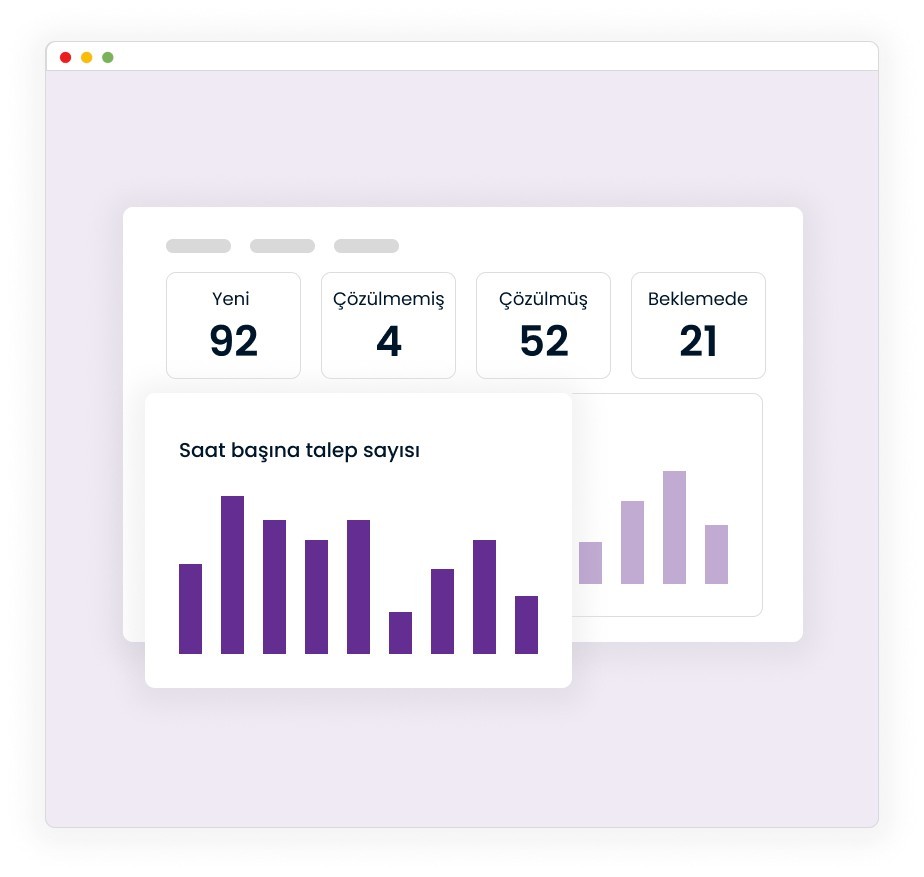
- Cost-Effective: With CRM and marketing automation in one system, businesses save on licensing and maintenance costs from using separate software solutions.
- Integrated Strategy: By linking customer interaction data with marketing activities, Grispi enables more targeted campaigns and efficient workflows.
- Scalability: Grispi grows with your business. Its flexibility ensures it can adapt to changing needs, making it a long-term solution for expanding companies.
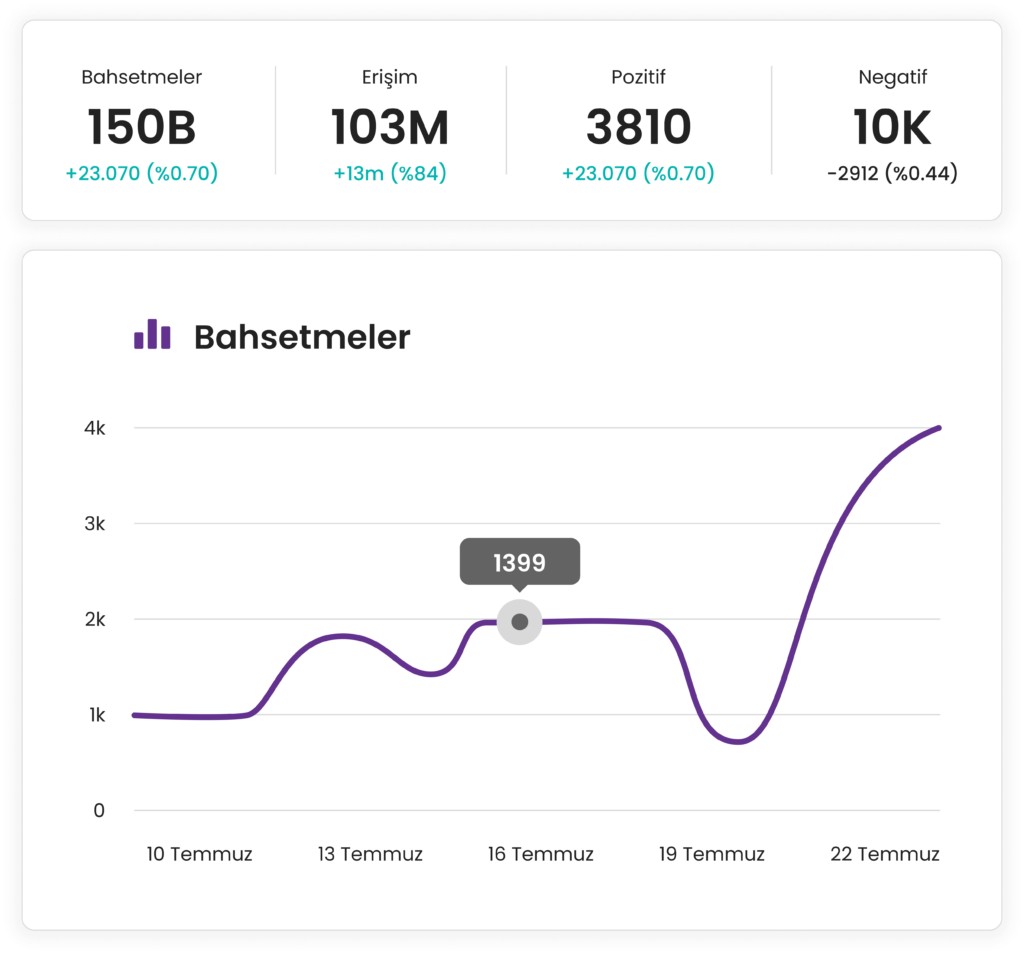
Understanding the differences between CRM and marketing automation is essential to choosing the right tool for your business. While CRM solutions help build lasting customer relationships, marketing automation tools ensure effective and efficient outreach.
However, by selecting an integrated solution like Grispi, you don’t have to choose between the two. You can manage customer interactions and execute marketing strategies from a single, cohesive platform—taking a strategic step toward achieving your business goals.
Grispi Prices
- Start-up: $7
- Level Up: $14
- Enterprise: 39$
Contact us
Fill out the form for detailed information and demo account, let us call you.
